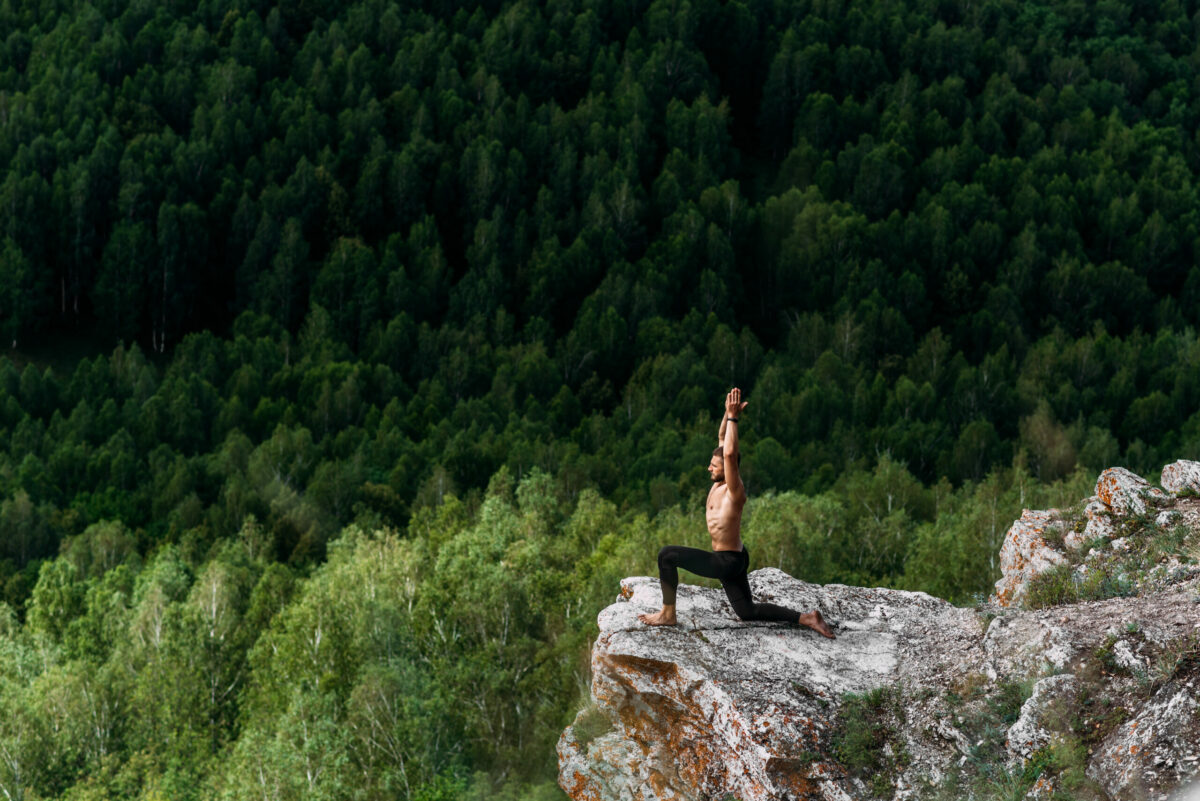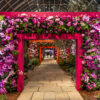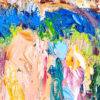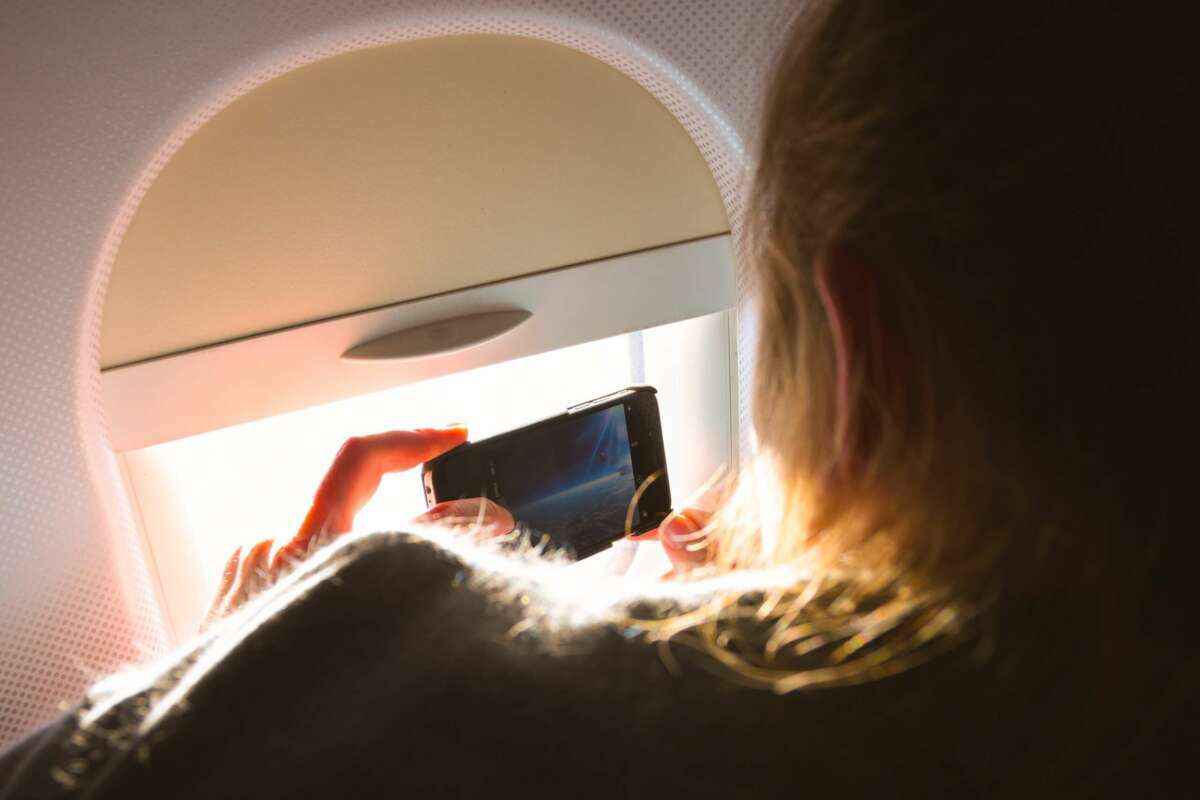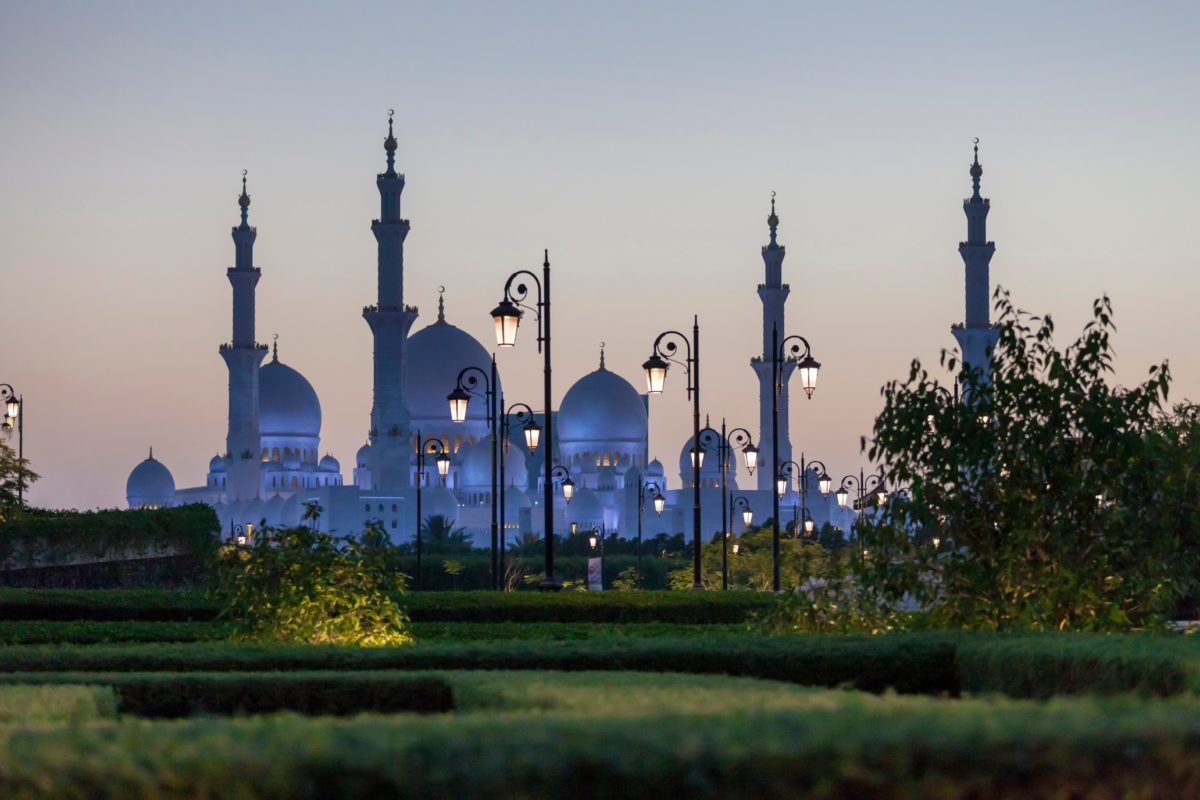What is the best luxury health and wellness retreat in the world right now? It depends on who you ask, of course. One of our sophisticated friends says that there’s only one answer. So, we’ve rounded up all the information you need to know about the Vana Retreat in Dehradun, India, which may very well be the best place to visit for a luxury health and wellness trip in 2024.
where is vana retreat?
A brief bit of background. The 21-acre Vana Retreat is in Dehradun, in the Indian State of Uttarakhand. “Vana” means forest, and the retreat is located near clusters of reserve sal forest, with hills to the north and the small town of Dehradun to the east. The buildings at this luxury wellness retreat were designed by Spanish architects, and they contain almost 500 pieces of bespoke art created for the property.
Founded in January 2014, the retreat’s philosophy is based on “seven elements:” contemporary luxury; ecology; design; wellbeing; service; beauty; and “who we are.” In addition to the expected destination spa activities, cultural offerings on the property include classical music concerts and Sufi singing (devotional singing inspired by Sufi poets like Rumi and Amir). Guests are also encouraged to spend time in the library socializing with other guests and reading.
The clientele is clearly among the global A-List elite – so much so that on its website, the retreat notes that it is “unable to welcome any guests that require personal security, pre-arrival inspections or other security protocols that disturb our guests, team or life at Vana. We are also unable to allow any personal attendants or staff accompanying a Vanavasi.” Good to know. Leave your entourage at home.
The retreat’s website says that it has a 100% repeat booking rate: meaning that everyone who has attended has scheduled another date to return.
All of this is intriguing, and we wanted to learn more. Our source – the 3-time visitor – is so eloquent that we decided to share his thoughts in his own words, lightly edited.
what makes vana retreat so special?
It’s located within a forest estate in the city of Dehradun, where in theory one could stroll, shop or sight-see. But Vana is only accessible to its guests (no visitors are allowed) and Vanavasis are discouraged from leaving during their 7-night minimum stay. (7 nights, 14 nights, 21 nights) The only opportunities to leave are the bi-weekly treks in the Himalayan hills, and visits to nearby Rishikesh, a small town on the Ganges made famous by yoga aficionados following in the steps of John Lennon, who spent some time there in the 1960s.
who’s the driving force behind this concept?
Vana was founded and designed by Veer Singh, now in his 30s, the son of Analjit Singh, the billionaire founder and Chairman of Max Group, a multi-business Indian conglomerate. It is privately owned by the Singh family. Veer created Vana with the ambition of becoming the best wellness retreat in the world, and he spends most of his time onsite. The resort was designed by Spanish architects Antoni and Bartomeu Esteva. While being quite modern (think large, Four Seasons-like guest rooms and a rooftop suite with a private pool, marble baths, and rain showers in the treatment rooms), the design pays tribute to its Indian heritage with numerous sacred sites throughout the property. The Dalai Lama visited the resort last year.
The staff are well-trained, and their objective is to make your retreat as enjoyable as possible. “Team Vana” as they call themselves, would easily withstand comparison to the staff at Aman or the Four Seasons.
what is the vana retreat experience like?
Upon arrival, Vanavasis are immediately escorted to the spa for a relaxing massage. After that, a doctor’s visit enables the staff to create a personalized retreat program based on each guest’s objectives and requirements, which have been previously gathered through a questionnaire that each guest completes before arrival. Vana provides several retreat objectives, some of which require a stay of several weeks. These include de-stressing, sleep, detox, weight management and panchakarma.
The list of treatments is infinite and includes 2- and 4-hand massages (there is a whole list of ayurvedic, sowa rigpa – which is Tibetan medicine – and more traditional spa massages), acupuncture, natural alignment, stomach therapies, and watsu (a warm pool used for aquatherapy and deep relaxation, incorporating massage, muscle stretching, and shiatsu). A number of group yoga, gym and meditation classes are proposed on a complimentary basis each day. Private gym coaching and yoga sessions can also be scheduled. Of course, the spa offers a whole range of beauty treatments: facials (fresh facial is amazing!), mani/pedis, waxing, haircuts and styling.
how personalized is the experience?
Each Vanavasi’s retreat itinerary will include treatments in series, which are seen as more beneficial than one-offs. It is important to note that Vana is not a traditional spa with commercial attitude. The wellness consultants will not try to maximize the number of treatments experienced by each guest but will limit it if they feel this would be better to reach its desired objective. Some treatments from the menu may be refused to you if deemed not appropriate.
will we lose weight there? will we be really hungry the entire time? can we have a cocktail?
Facilities include a well-equipped gym with trainers on hand, indoor and outdoor swimming pools, a tennis court, and sauna/steam room facilities. You may meet monkeys while walking around the property!
Food is fresh, delicious and comes in small quantities with low calorie intake. There are buffets for breakfast and lunch as well as à la carte options, tea with (gluten-free) pastries is even served each day in the lounge. For those who could rightfully be worried by the spicy nature of Indian food, please note that Vana’s food is based on ayurvedic principles, which avoids spicy food, so everything is appealing to western palates and there is absolutely no risk of stomach pain. Alcohol is banned from the retreat. Instead, you will be offered warm water (dictated by ayurvedic principles), which is surprisingly quite thirst-quenching, or a wide range of herbal teas.
what do people wear there? is western dress appropriate? what do we need to pack for the vana retreat?
No need to pack a lot of clothing, Vanavasis wander through the retreat in white cotton “kurta” pyjamas, which are quite practical to wear between treatments and replaced each day in the guest rooms. Some guests dress in Western clothes for dinner but not all of them. Take sports clothes to work out and a few swimsuits to sunbathe by the 25-meter pool.
can we use our phones?
You can use your mobile, tablet, smart watch or laptop in your own room, but not in any of the shared spaces, or outside.
how much does all of this luxury cost?
The program you choose and the number of nights you stay will determine the cost of a visit to Vana Retreat in Dehradun, India.
we’re in. how do we get there?
The luxury wellness destination Vana Retreat in Dehradun, India is easily reached by air. Flights from Delhi to Dehradun Jolly Grant airport take approximately 45 minutes. The retreat will send a chauffeur-driven car to pick Vanavasis up, and the journey takes 60-90 minutes, depending on traffic. Insider travel tip: you should request Vana’s complimentary assistance at Delhi’s Indira Ghandi airport for a seamless journey; you’ll be escorted as a VIP from the bridge of your international flight to your domestic flight’s departure gate, including gaining access to the private lounge.
is vana retreat the best luxury wellness destination in the world?
There you have it! While Vana Retreat in Dehradun, India can be visited year round, the best times to go are mid-July to late-September, or between December and February. We’ve not been to Vana ourselves, but we’re up for a visit.
For those who may have already experienced a number of the luxury boot camps, traditional luxury destination spas, or luxury weight-loss spas focused on sports and outdoor activities a stay at Vana might be worth trying. It focuses on wellbeing and health in a different way than many others, and might be a good complement to your existing destination spa routine. What have you got to lose? Except some stress. We’ll see you by the pool.
